PROTECT YOUR DNA WITH QUANTUM TECHNOLOGY
Orgo-Life the new way to the future Advertising by AdpathwayIf you’ve been gardening for more than a season, you’re probably well aware of the damage small mammals can do. Squirrels are among the most relentless, as they prepare for winter and dig into everything. In that regard, it’s good to know how to stop squirrels digging bulbs up.
The effectiveness of a method to keep your bulbs in the ground is dependent on the density of the squirrel population in your yard, and on the relevance it has in your garden. Using multiple methods at once will obviously be more effective. So use every tool you can to have tons of spring blooms.
Before we get into it, know that the most humane methods are usually the most effective. Keeping the squirrels that live in your yard safe and happy is a pretty great strategy. More extreme methods of removal aren’t just detrimental to the squirrels; they don’t work for long, as another population will move into the empty niche quickly.
Plant at the Right Depth
 Don’t plant your bulbs too shallow.
Don’t plant your bulbs too shallow. Integrated pest management techniques always include ensuring the cultural conditions for growing a particular plant are correct. Plants grown in the wrong environment are more likely to experience stress, opening them up to attacks by pests and pathogens. When we talk about squirrels as pests, there’s no exception to this rule.
The first line of defense against their tiny claws is planting your bulbs deeply enough. This varies depending on the types you grow. Common fall-planted bulbs include daffodils, tulips, alliums, and hyacinths, to name a few. Follow the standard depth for planting them when you’re getting them in the ground.
| Bulb Type | Planting Depth |
| Daffodil | 4-6 inches |
| Tulip | 6-8 inches |
| Allium | 4-6 inches |
| Hyacinth | 5-7 inches |
| Fritillaria | 6-8 inches |
| Squill | 3-4 inches |
| Snowdrop | 2-3 inches |
| Bearded Iris | 1-2 inches |
| Winter Aconite | 2-3 inches |
| Glory of the Snow | 2-4 inches |
The general rule is to plant the bulb two to three times its size. Keep that in mind as you get your bulb beds ready this fall. It also helps bulbs survive a bit of squirrelly digging, even if it doesn’t completely stop squirrels digging bulbs.
Use Deterrents
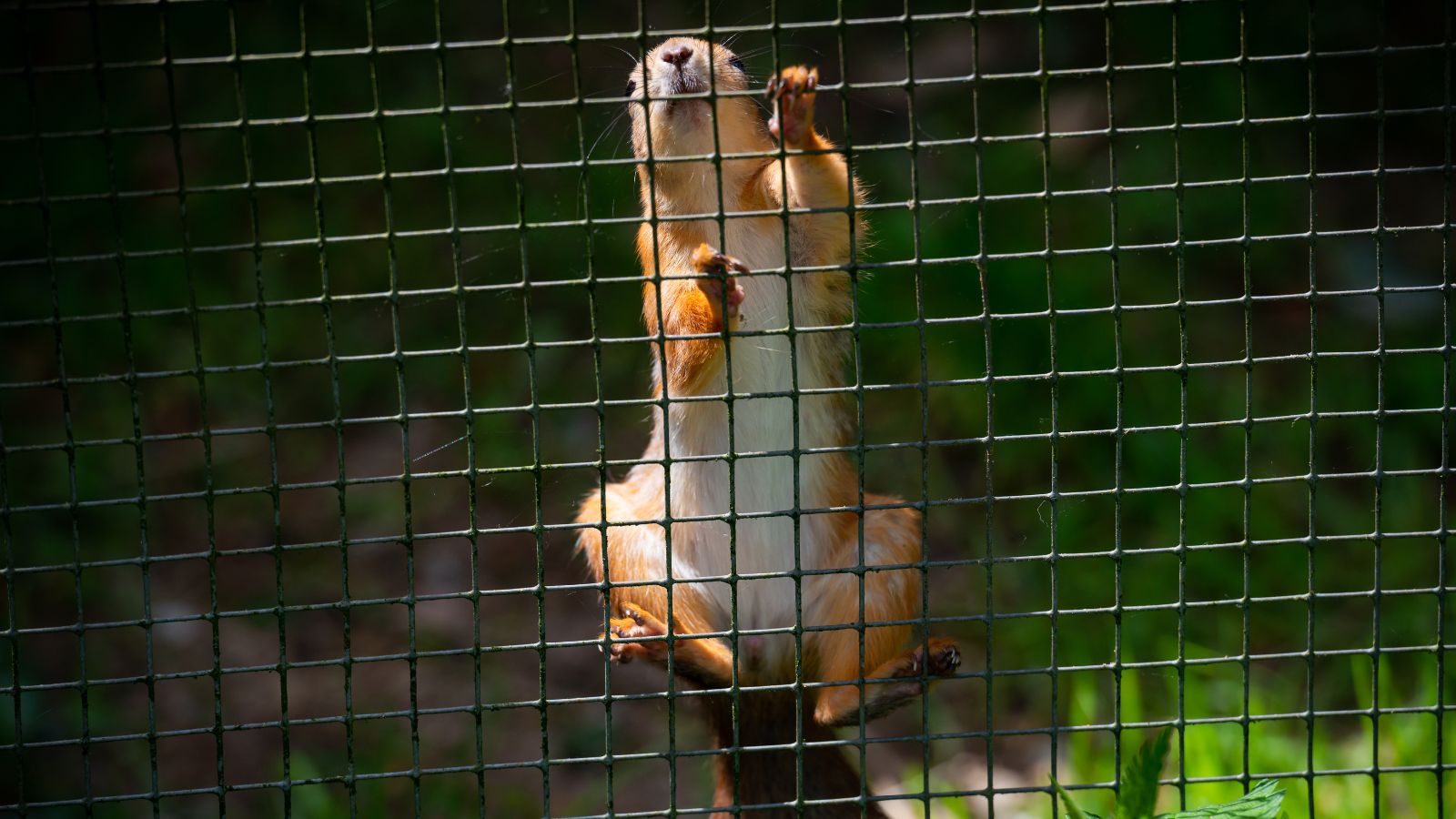 Protect your bulb beds and containers with fencing.
Protect your bulb beds and containers with fencing. If you want to stop squirrels digging bulbs, deterrents are a viable way to do it. These run the gamut from general garden defense, all the way to the bulb itself. Squirrels are constantly managing their food supply, ensuring they have something saved up so they can survive. This is the reason they dig.
So, putting things in place to deter their digging in your bulb bed is one way to keep them out. Using different capsaicin or garlic sprays around the bulb bed works for a bit. Remember to reapply as rains come in, and as time passes. Reapply around the border of the bed every seven to ten days.
Nothing does the trick like a strip of hardware cloth or chicken wire placed over the planted area. Stainless steel mesh works too. Use bricks or rocks to hold it in place, or employ some landscaping staples. Remove them just before your bulbs are about to break through the ground.
If possible, move any bird feeders near your bulb bed to another location. This keeps the squirrels in an area away from your favorite tulips and crocuses.
Grow Bulbs Squirrels Dislike
 Some bulbs are less likely to be dug up.
Some bulbs are less likely to be dug up. To stop squirrels digging bulbs, pick types they don’t enjoy unearthing. While they will voraciously dig up tulips and crocus bulbs, they don’t like alliums or daffodils. If squirrels are a problem in your garden already, consider planting the following squirrel-resistant bulbs:
- Daffodils
- Alliums
- Hyacinths
- Bearded irises
- Bluebells
You could even try surrounding your crocus and tulip bulbs with a hefty planting of any of these, or cover the soil where your tulips are with a deterrent, keeping the rest of your resistant bulbs uncovered.
Soak Them Before Planting
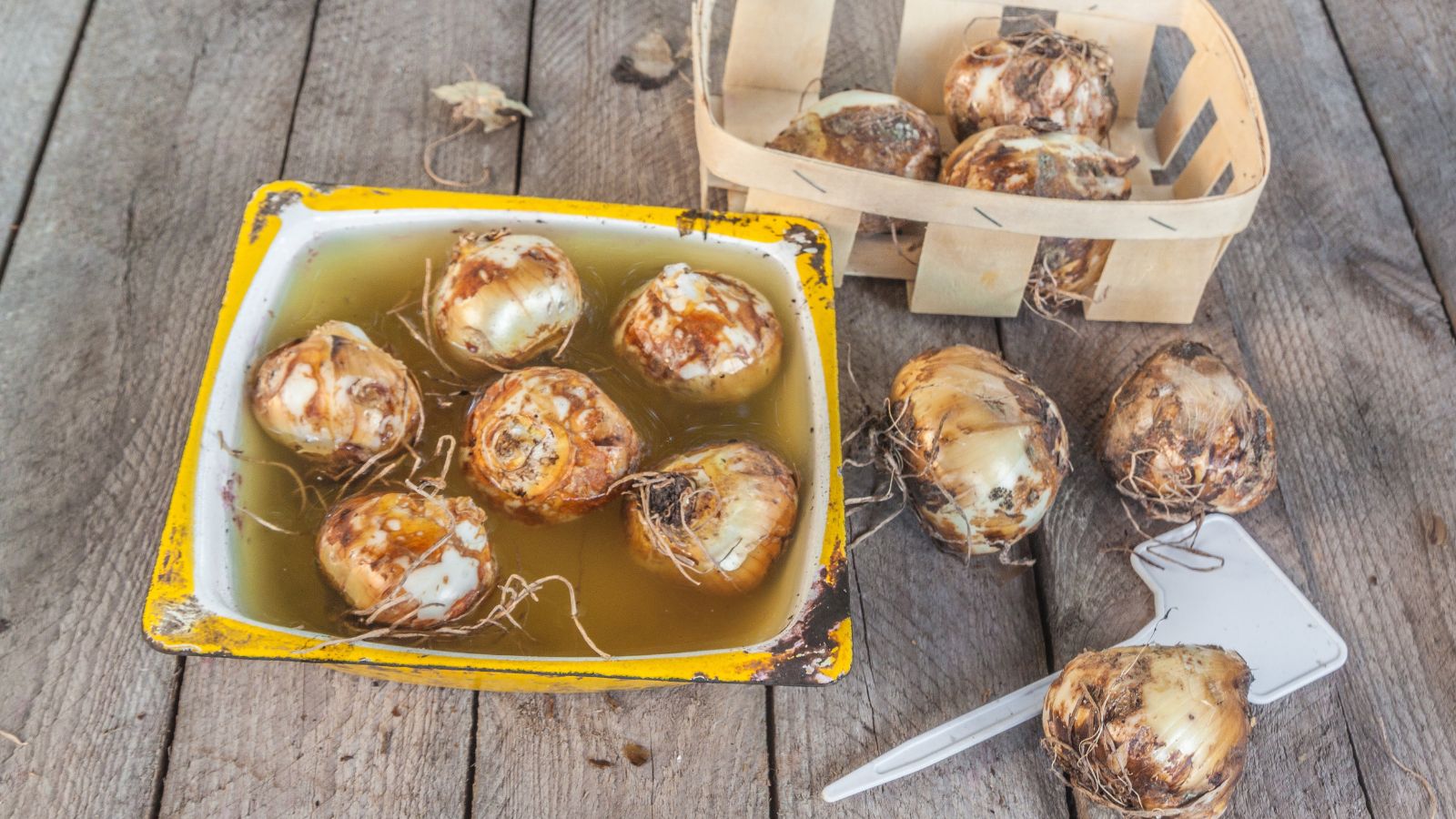 Don’t soak bulbs for too long.
Don’t soak bulbs for too long. It’s not my favorite suggestion, but you can soak your bulbs in various solutions to make them unpalatable to these little rascally guys. This should stop squirrels digging bulbs that you took time to plant out.
Use products with mustard oil or capsaicin as the active ingredient. There are also effective solutions that include Thiram. In organic gardens, look for OMRI-certified solutions, or make your own chili garlic oil for soaking. Whatever you do, avoid using sticky gels, as they aren’t suited for growing plants.
Always read the instructions on the label for any pesticides you use, and use them as sparingly as possible, in combination with other methods. Even organic repellents can negatively affect your garden when utilized incorrectly.
Cover the Soil
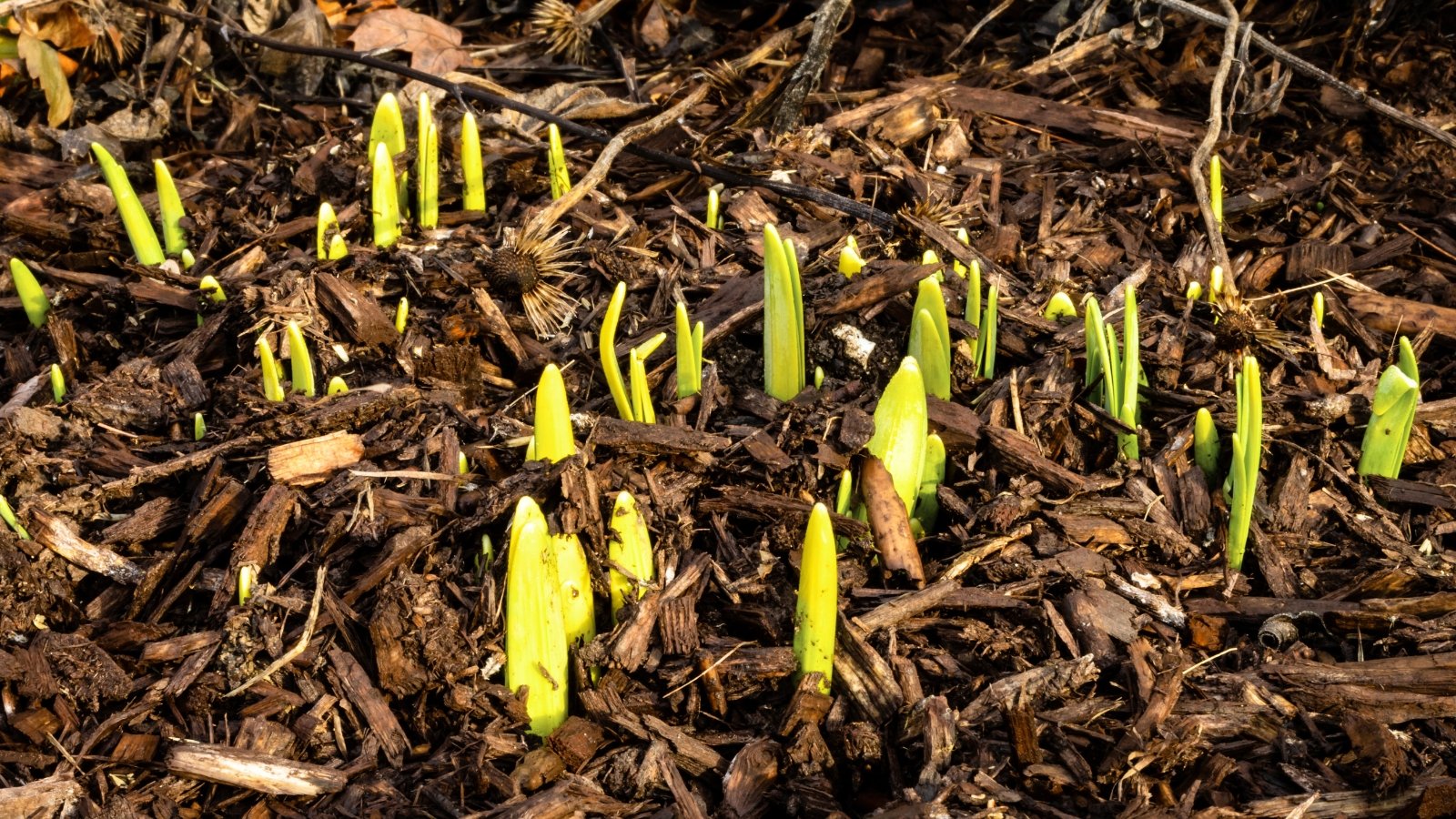 Adding a layer of mulch will protect planted bulbs.
Adding a layer of mulch will protect planted bulbs. Squirrels love a bit of bare ground, especially one that’s been prepared and preened recently. They are curious and will take note when you’re working in the garden. They want to know what you put in the earth to overwinter. So to stop squirrels digging bulbs in your garden, cover the soil with some mulch.
Use coarse mulches squirrels dislike, as they’ll be less likely to use their tiny claws to delve into the soil and unearth your fall bulbs. Some sources suggest crushed oyster shells as a useful way to keep them at bay. A coarse wood mulch applied along with other control methods could be effective.
Whatever you do, ensure the layer of mulch is not so much that it will smother your bulbs as they attempt to break through the surface in spring. A few inches is enough. Less is better.
Key Takeaways
Keeping your bulbs in the ground requires a bit of effort, with multiple strategies, but it’s not impossible. To stop squirrels digging bulbs, use the following techniques:
- Plant bulbs at the proper depth.
- Use squirrel deterrents.
- Grow bulbs they don’t like.
- Soak your bulbs before planting.
- Keep the soil covered.


 19 hours ago
3
19 hours ago
3
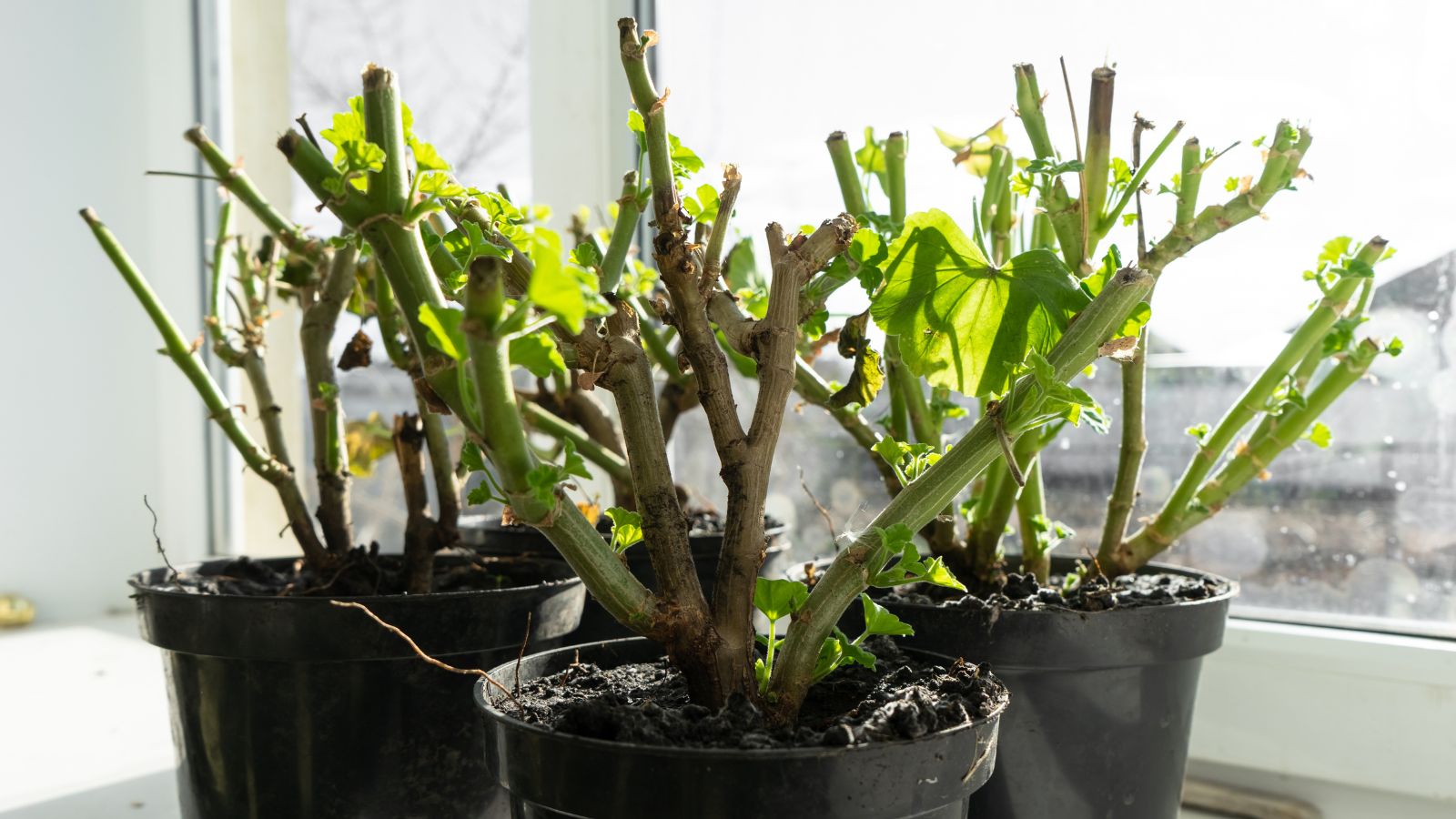
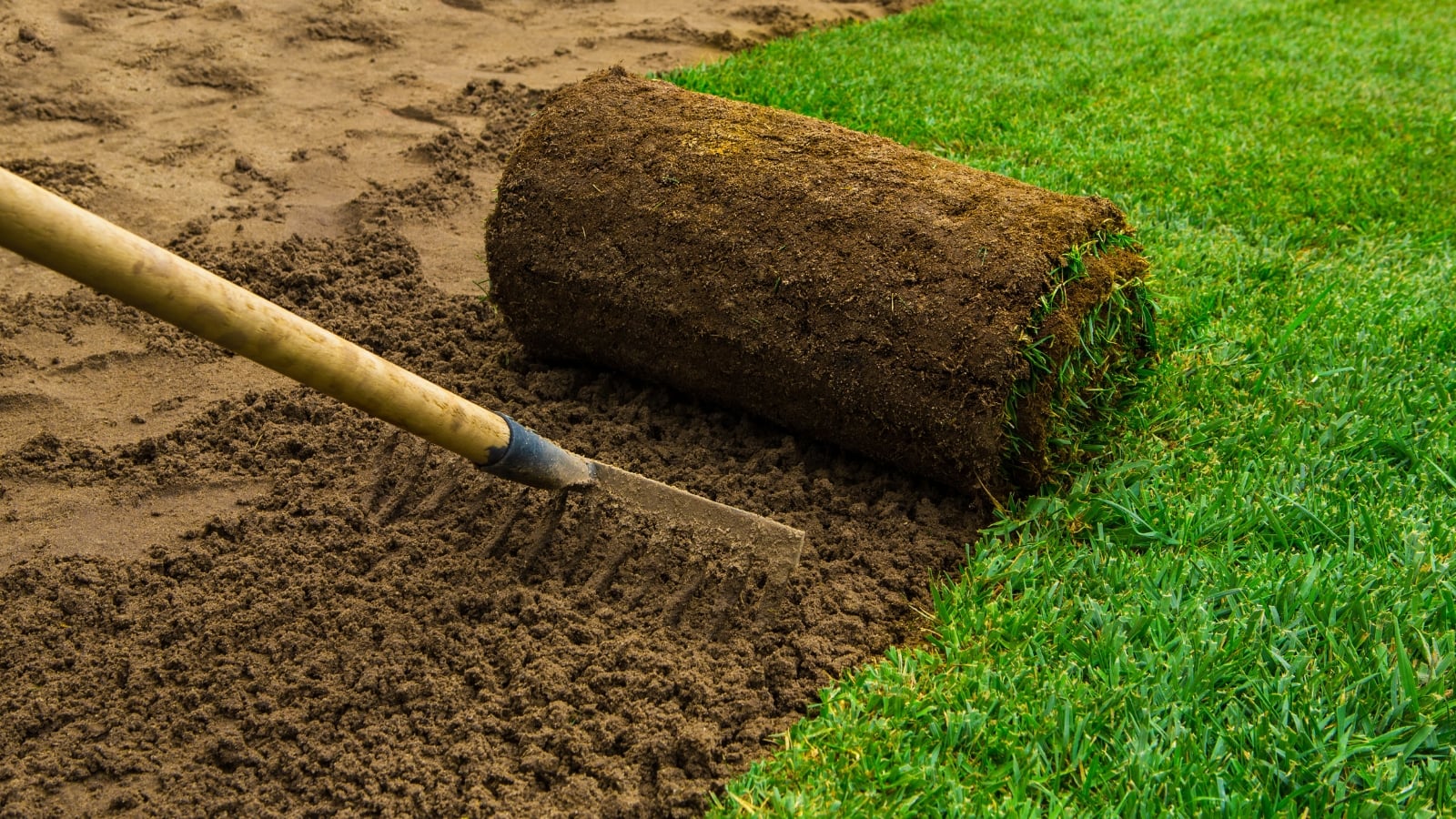



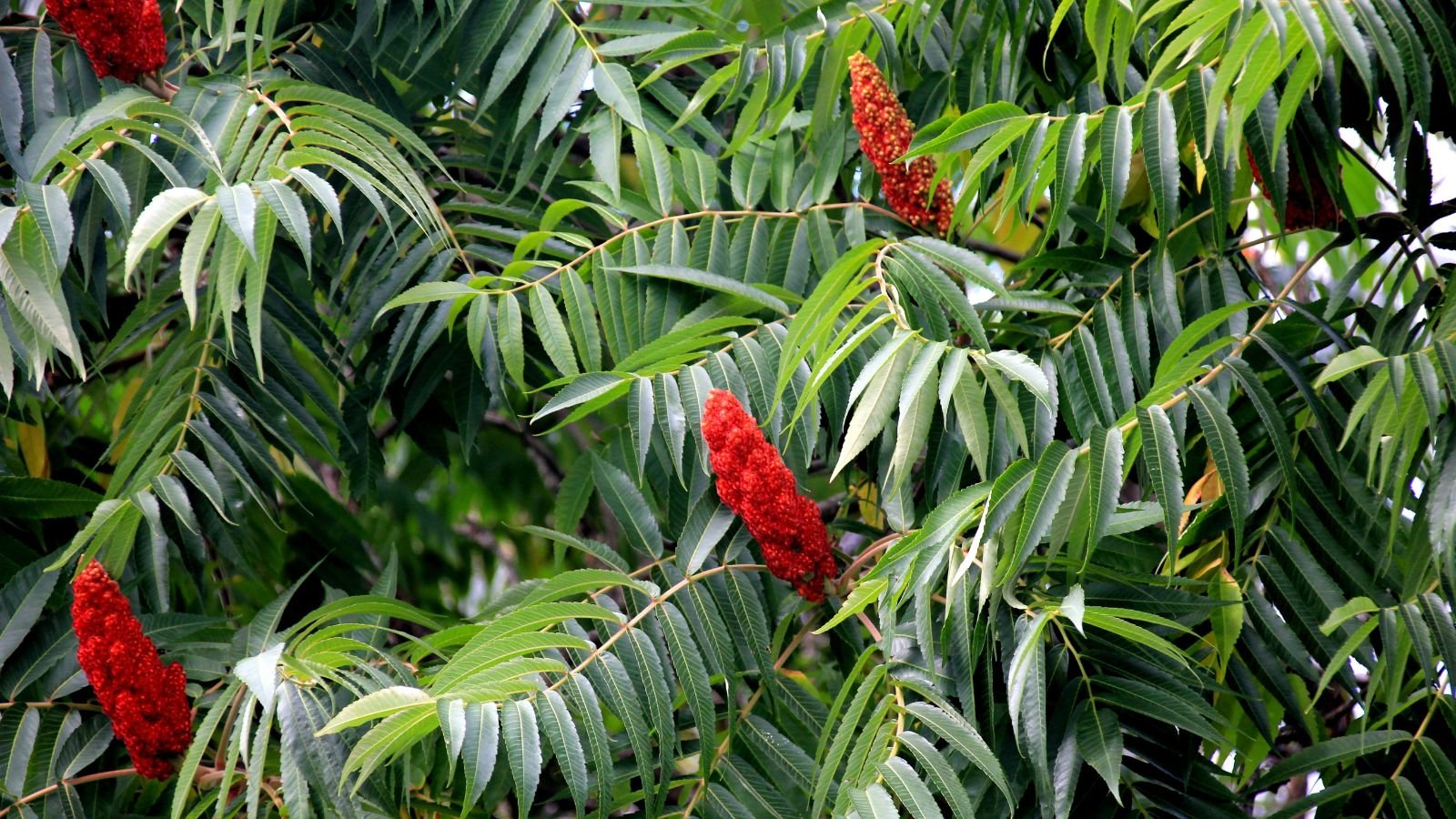















 English (US) ·
English (US) ·  French (CA) ·
French (CA) ·